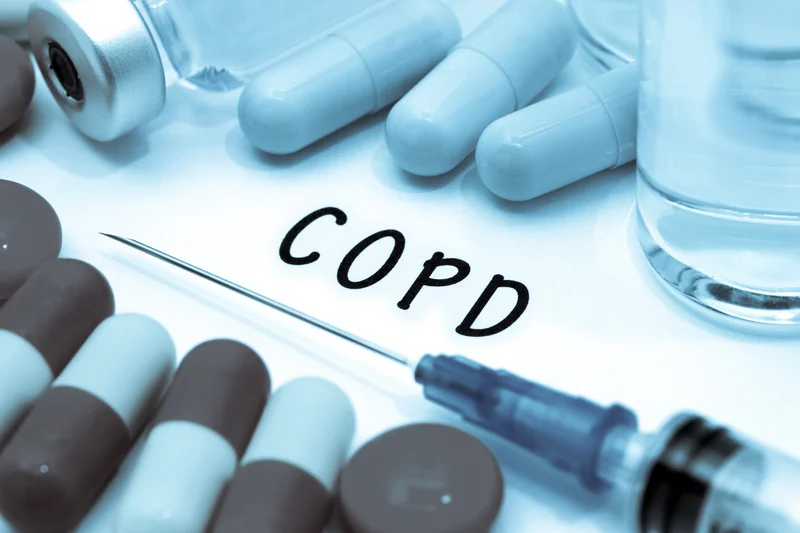If you suffer from Chronic obstructive pulmonary disease (COPD), you’ll be acutely aware of how challenging the condition can be.
The disease affects 16 million Americans, and with the added threat of COVID-19, it’s easy to feel nervous about life getting back to normal. But what kind of COPD treatment is available? Is there a way to minimize symptoms and slow the progression of the disease?
Thankfully, the answer is yes! We’re going to take a look at some COPD treatment options, so keep reading.
Table of Contents
Stopping Smoking
Unfortunately, COPD is an irreversible condition, but if you smoke, one of the easiest and most effective ways to slow the progression is to stop.
This is obviously easier said than done, and it may not be reasonable to go cold turkey. Nicotine patches can curb your cravings, or you could try hypnotherapy.
In the early stages of COPD, stopping smoking might be enough to keep your symptoms at a minimum. So, if you need a reason to stop, that’s a great one!
Medication
There are two main avenues you can go down in terms of COPD treatment medications: inhalers and ingestible medicines. Deciding which to go for depends on factors like the symptoms you experience, the severity of the condition, and personal preference.
Inhalers
Inhalers aren’t just for asthma, although their use in treating COPD serves the same purpose.
There are two types of inhalers – short-acting and long-acting.
A short-acting inhaler provides instant relief from breathing problems by directly delivering medicine (most commonly salbutamol) that widens the airways.
A long-acting inhaler is more suitable for someone who experiences difficulty breathing for longer periods of time, or consistently all day. The doses last longer than short-acting inhalers so don’t need to be taken as frequently.
Ingestible Medicines
There are various pills and powders you can take that can help to manage the symptoms of COPD:
- mucolytics can help those with a persistent cough to cough up phlegm by thinning it
- steroid tablets reduce inflammation in the airways
- a muscle relaxant like Anoro Ellipta 62.5mcg/25mcg can enhance breathing
- theophylline has a similar effect to an inhaler but can have side effects such as headache and nausea
It’s important to speak to your doctor about the options. They will help you make a decision based on your own circumstances.
Rehabilitative Measures
If you have COPD, there is a lot you can do for yourself without having to take medication. We’ve already mentioned stopping smoking, but there are some other measures you can take that can help.
Light exercise can improve overall health and so can improve the condition over time. For structured exercise, you can join a pulmonary rehabilitation programme where you will go through a structured routine with a group.
There Is a COPD Treatment to Suit Everyone
If you’ve been wondering which COPD treatment is best for you, hopefully, this article has given you some insight into what you should do.
While there is no one-size-fits-all when it comes to treatment, there are options to suit whatever severity of the disease any individual faces.
If you found this article helpful, check out the health section of the website for more.
Read Also: Sleep Bruxism; Symptoms, Causes, and Treatment

